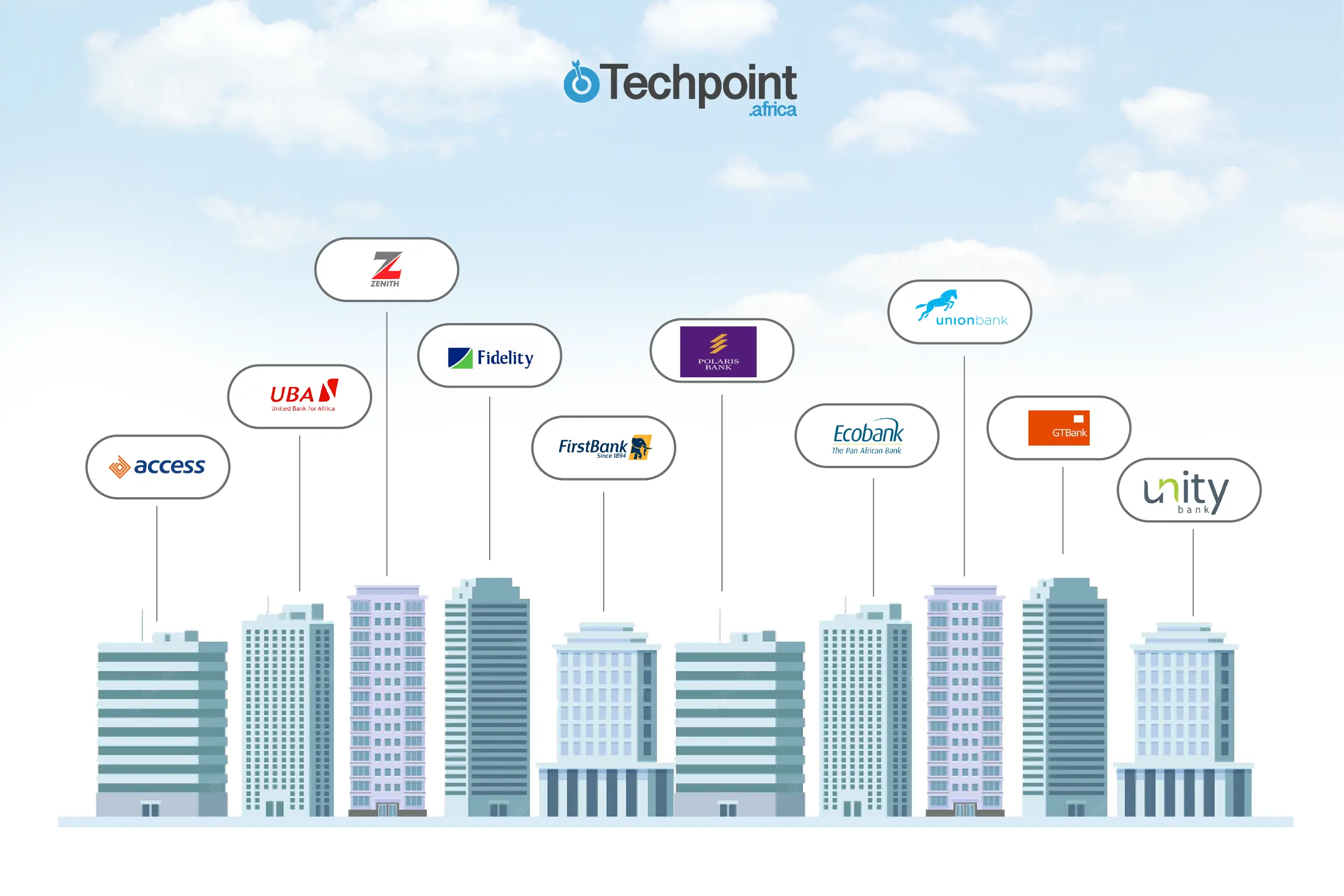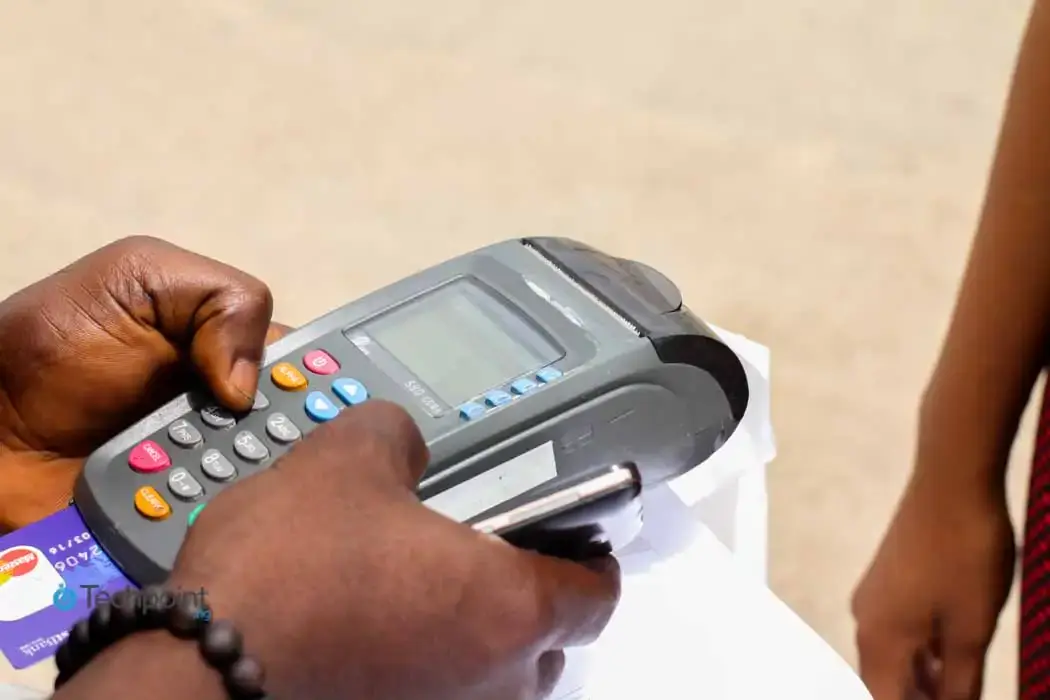Fintech
Top stories

The Central Bank of Nigeria has unfrozen the bank accounts of Bamboo, Risevest, and 437 others.

Which bank has the most branches in Nigeria? Out of the 4,437 banks in the country, these are the top 10 banks with the most branches.

Whether you run a supermarket chain or an Instagram store, being able to accept digital payments will significantly boost your business. These payment gateways provide the best value for businesses in Nigeria.

100,000 Somalis will be issued debit cards in 2023 following a partnership between SomBank and Mastercard. This comes after the introduction of a QR code standard by the Central Bank of Somalia in June 2023.

MTN’s mobile money subsidiary, MoMo PSB, made a landmark launch in 2022. Now, we sit down with CEO Eli Hini, the business whiz behind MoMo’s explosive success in Ghana, to talk goals, overcoming a ₦10 billion hack and more. Dive into the journey of #MoMoNigeria

Nigerian startup Payday has announced a temporary suspension of its partnership with its Mastercard provider. In a statement released, the company claimed its partnership with the provider was not meeting the standards required to serve its customers

OPay has started charging customers after their third transfer to other banks within 24 hours. Why are Nigerian fintechs ditching free transfer after leading with it?

In Nigeria, one bank branch serves 27,000 people, but there’s one PoS agent for every 80 people. While agency banking seems key to financial inclusion, here’s why it won’t work.

Who rules agency banking in Nigeria? From OPay to Moniepoint, here’s a list of companies with the most PoS agents in Nigeria

Are there really too many fintech startups? Get fact-based insights about this and many more in this Nigerian fintech industry report.

Agel, an Islamic fintech, has closed a pre-seed round from investors such as Plus Venture Capital (+VC), Seedstars International Ventures, and Flat6labs to provide alternative financing for Egyptian small businesses.

Through a joint venture with Rapyd and General Catalyst, MultiChoice has launched a fintech solution. While its large user base and strong brand presence provide a foundation, how it navigates these partnerships could determine its success or failure.

Ugandan fintech startup, Zofi, has received $1 million to expand its earned-wage access. With more than 3,000 employees served since 2021, Zofi hopes to extend its services to more of the 20,000 employees on its waitlist.

According to International Monetary Fund, eNaira adoption is “disappointingly low.” It says, however, that its’s too early to judge Africa’s first CBDC.

With more than 7 million customers in South Africa, Tyme has raised $77.8 million, which it plans to use for expansion across Southeast Asia and South Africa.

The dispute between commercial banks and telcos in Nigeria has taken a new turn after telcos received approval to cut off access to banks. However, such a move risks alienating the over ten million Nigerians who do not have smartphones but own bank accounts.

Fintech startups have come to represent the innovation that’s taking place in Africa’s startup space. A new report by the Boston Consulting Group and QED Investors expects the region to be fintech’s fastest growing this decade.

As virtual dollar cards have become a popular means of international payments, African card issuers have struggled with chargeback fraud and declined transactions. This has led to calls for a local card scheme, a solution several experts disagree with.

Cross-border payments in Africa are a hassle but what if it could be as simple as sending a Twitter DM? Here’s how Chimoney is doing this.

Zimbabwe has launched its gold-backed digital currency. It has also announced how the currency will be valued and distributed. We explain how a gold-backed currency works, and how Zimbabwe plans to use it to control inflation.
